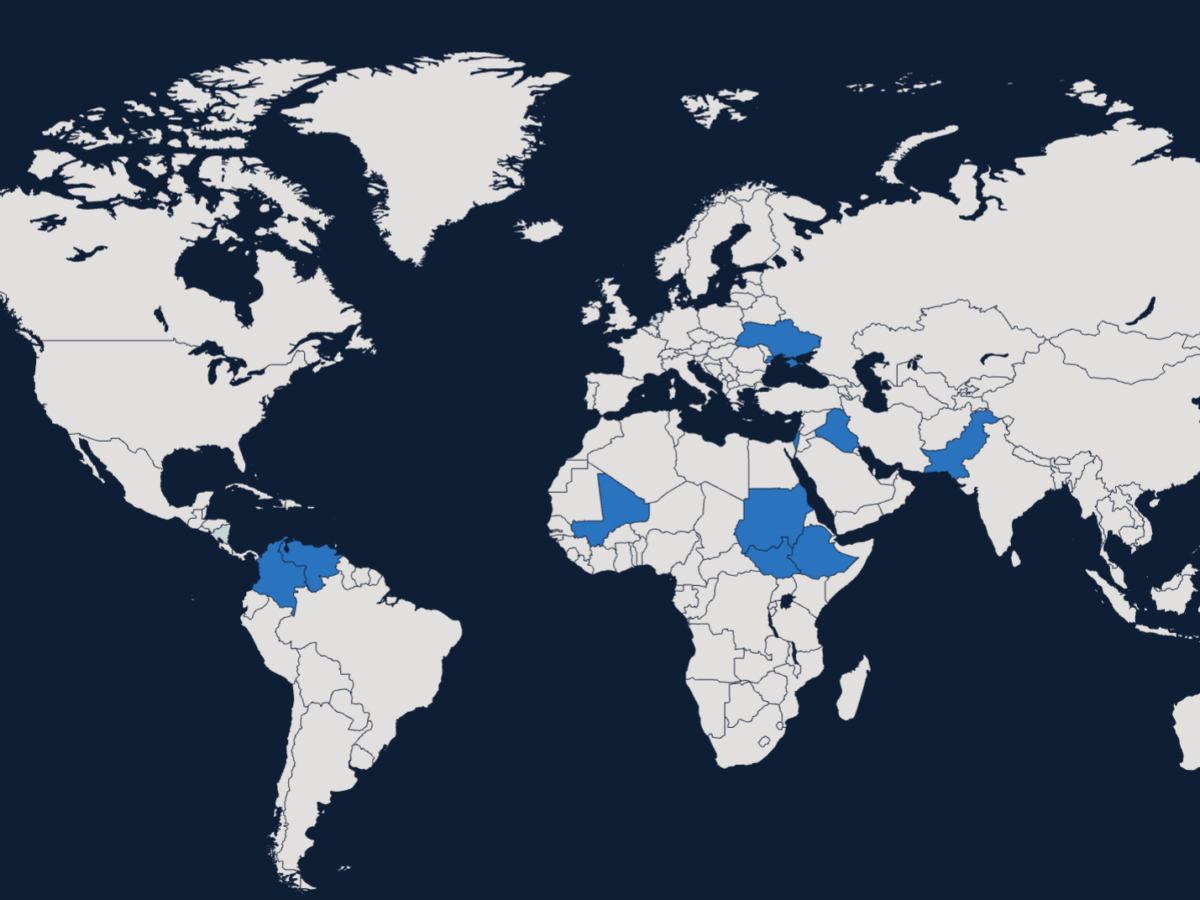Women, Deradicalization, and Rehabilitation

With the rise of violent extremist groups around the world, questions around how to disengage and reintegrate participants from these groups back into their societies have risen to the fore. To date, female participants have been relatively neglected, despite evidence of their growing numbers. Europol’s 2016 EU Terrorism Situation and Trend Report found that the share of women arrested on terrorism charges rose from 18 to 25 percent between 2015 and 2016. Another 2016 study found that 20 percent of all Western recruits to the Islamic State are women, and media coverage of the battle for Mosul highlighted the presence of radicalized women from Germany, Canada, and other Western countries. In Nigeria, Boko Haram has used women suicide bombers at unprecedented levels.
Women participants in violent extremist groups are returning to their places of origin in Europe, Africa, Asia, and the United States at a time when few deradicalization, rehabilitation, and reintegration programs are taking their needs into account. These programs have historically focused on men, and scant research addresses the gendered dynamics of this process.
This policy brief outlines the main findings from an expert workshop on “Women, Deradicalization, and Reintegration” hosted by the Georgetown Institute for Women, Peace and Security in September 2017 as part of our Bridging Theory and Practice series. This series convenes top researchers, practitioners, and policymakers from a range of disciplines to discuss global issues with major implications for the women, peace, and security agenda. The workshop was conducted under Chatham House rules. While these recommendations are not intended to capture a consensus, they aim to be a starting point for a larger conversation around women, deradicalization, and rehabilitation that looks critically at where current programs fail to address gender and how greater consideration of women’s needs can enhance deradicalization efforts.
Download the full report here.
Explore More

Conflicts and Trends to Watch in 2026

Women, Peace, and Security Shadow Report to Congress: What Was Built, What…
